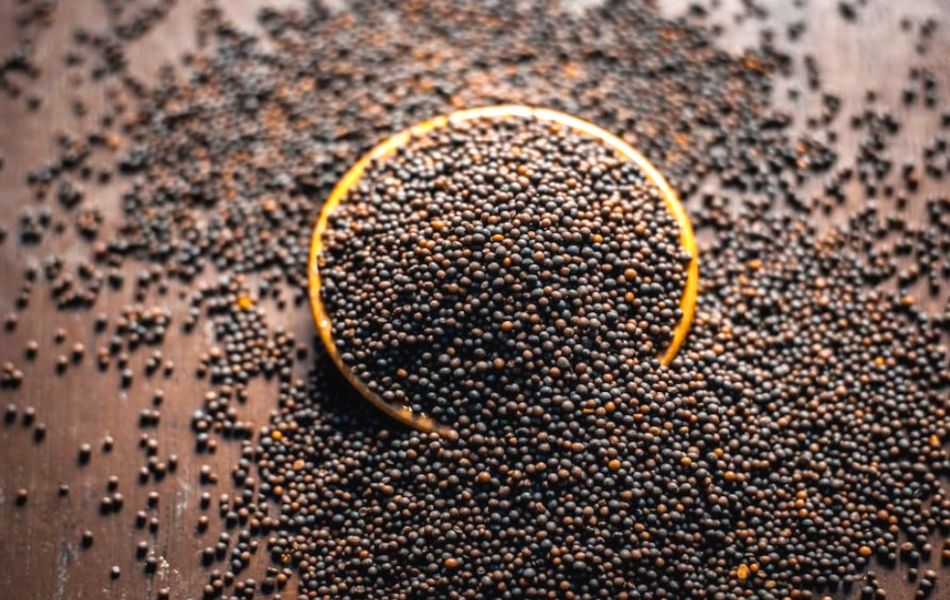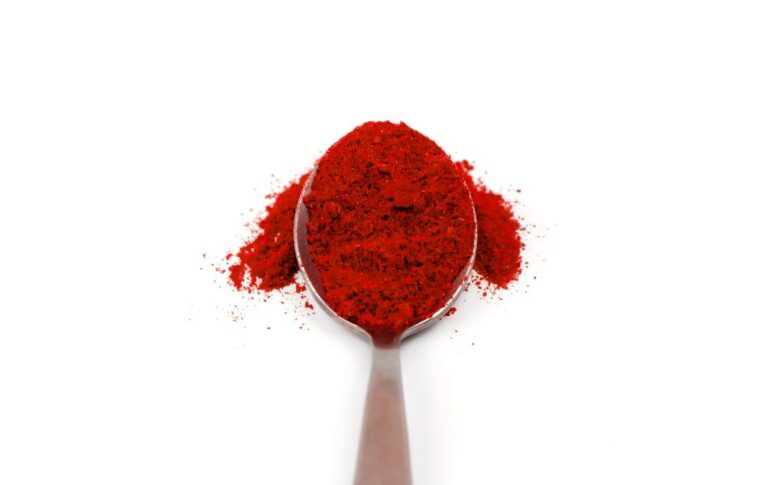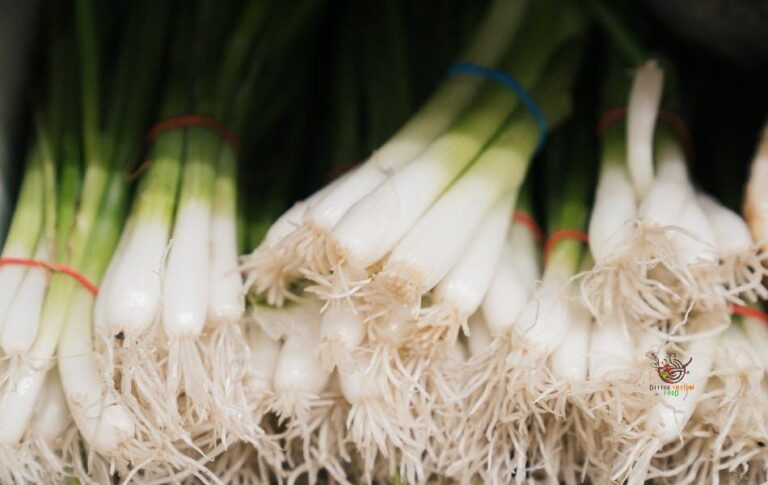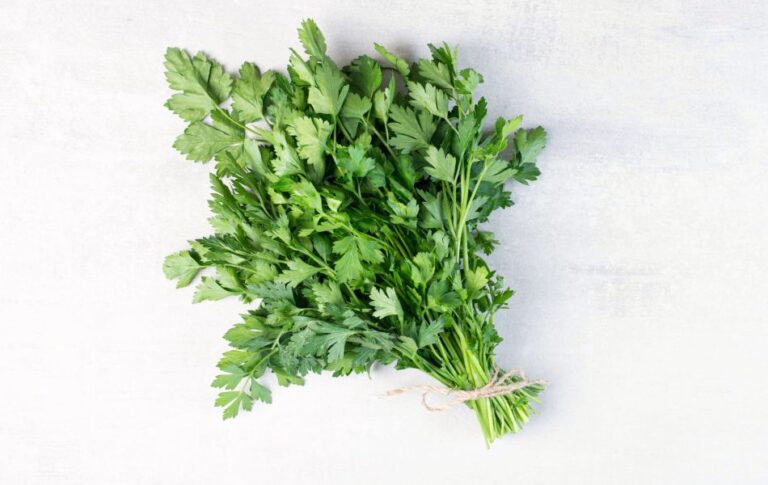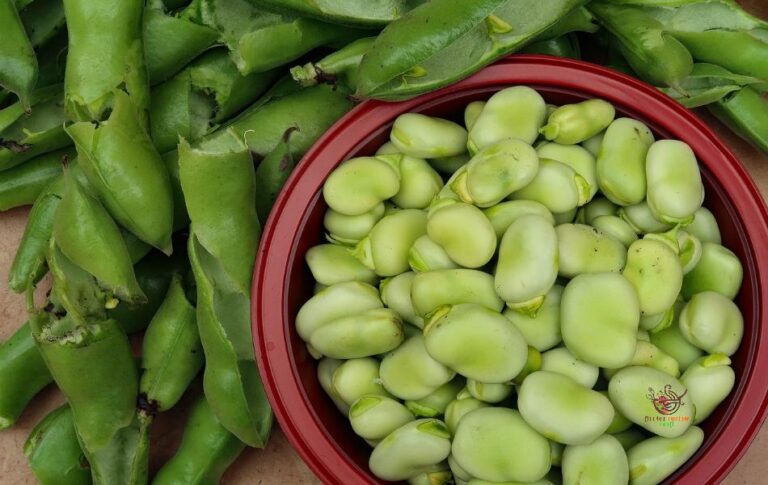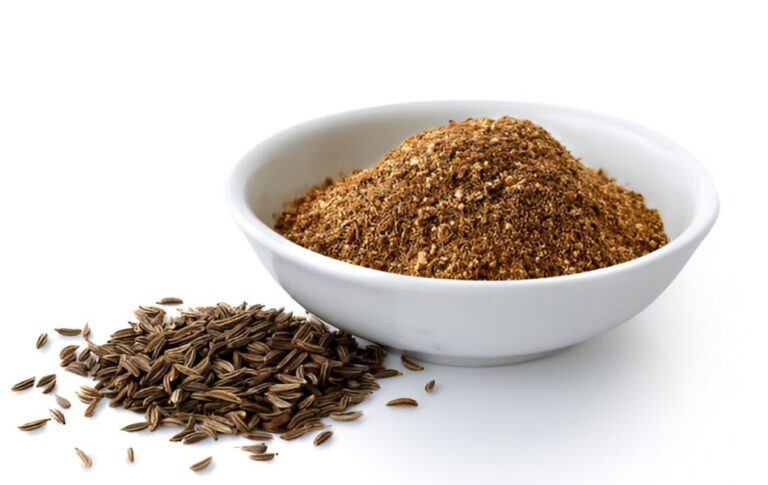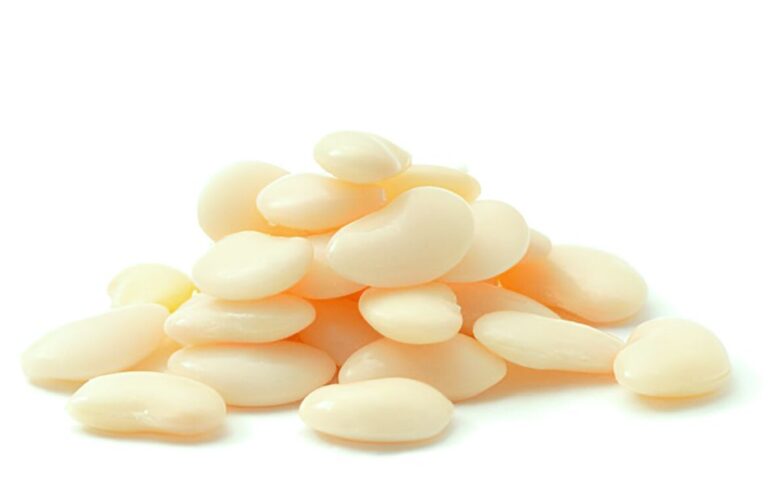Mustard Seed Substitutes: Best Alternatives for Your Recipes
Mustard is a staple in kitchens worldwide, used in many recipes from sauces to marinades. However, while prepared mustard is easy to find, mustard seeds are not always available. That’s where this guide comes in handy! If your recipe calls for mustard seeds and you’re out of luck, keep reading to explore the best substitutes you can use instead.
What are Mustard Seeds?
Before we dive into the substitutes, let’s take a moment to understand mustard seeds themselves. Mustard seeds come from the mustard plant, known scientifically as Brassica juncea, and belong to the same family as cabbage, broccoli, and kale. These seeds are tiny and range from 1 to 2 millimeters in diameter. These seeds can be yellow, brown, or black.
There are three main types of mustard seeds used around the world:
- White Mustard (Sinapis alba): Mildest in flavor.
- Black Mustard (Brassica nigra): Bold and intense.
- Brown Mustard (Brassica juncea): Medium spiciness, great for a balance of heat and flavor.
While these seeds vary slightly in flavor, they all share a sharp, pungent taste that intensifies when mixed with other ingredients like vinegar or lemon juice. Now that we’ve got the basics down, let’s look at some great alternatives to mustard seeds.
Top Mustard Seed Substitutes
1. Ground Mustard
Ground mustard, made from crushed mustard seeds, is a powerful substitute that offers a concentrated flavor. It’s widely available in stores and works well in sauces, marinades, and spice rubs. However, since ground mustard is spicier than whole seeds, adjust the amount accordingly.
- Substitution Ratio: Substitute 0.5 teaspoon of ground mustard for every teaspoon of mustard seeds.
2. Whole Grain Mustard
Whole-grain mustard adds texture and flavor to dressings, stews, and sandwiches. This mustard paste retains some of the whole seeds, giving dishes an extra element of surprise.
- Best Used: Dressings, spreads, and hearty dishes that benefit from texture.
3. Horseradish
Horseradish is a fantastic option to turn up the heat in your recipe. It belongs to the same plant family as mustard, so the flavor similarities are noticeable, especially when mixed with other ingredients.
- Substitution Ratio: Use a 1:1 ratio of horseradish for mustard seeds.
4. Yellow Mustard Seeds
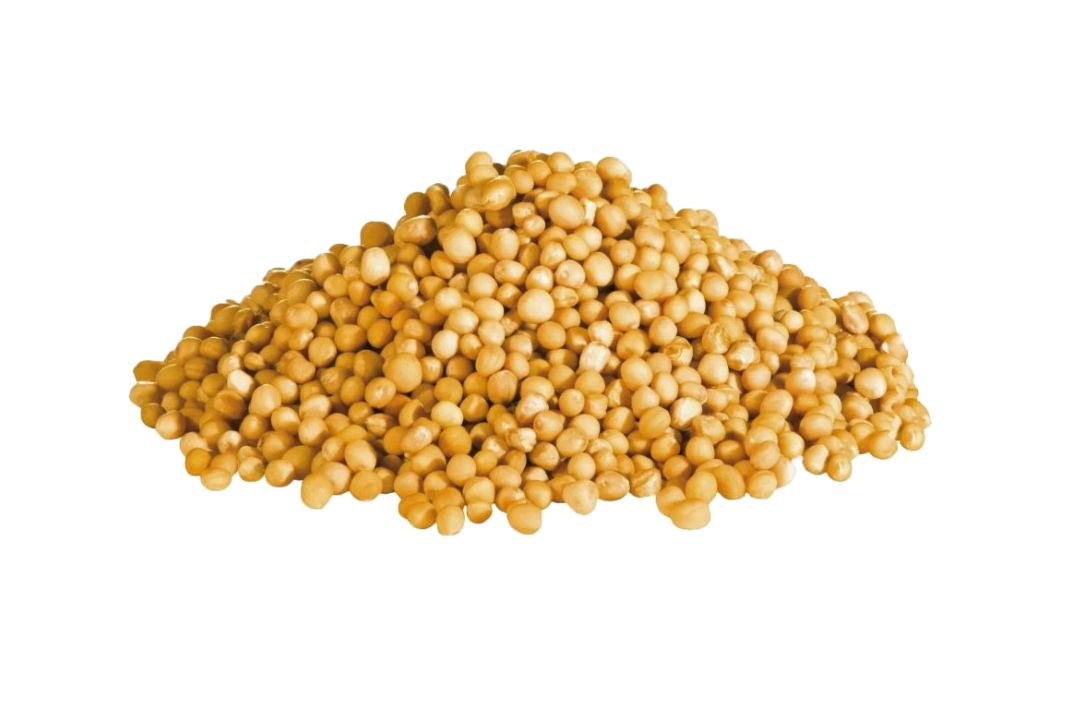
If you’re out of brown or black mustard seeds, yellow mustard seeds are a lighter-flavored alternative. They are milder in flavor and lighter in color but still offer a slightly tangy taste.
- Note: Keep in mind that using yellow mustard seeds may add a yellow tint to your dish.
5. Brown Mustard Seeds
For recipes requiring yellow or black mustard seeds, brown mustard seeds can serve as an excellent middle ground. They offer a balanced flavor, making them versatile in various dishes.
- Substitution Ratio: Use 0.5 of brown mustard seeds for yellow and 1.25 times the amount for black mustard seeds.
6. Black Mustard Seeds
These seeds pack the most intense flavor. If substituting them for yellow or brown mustard seeds, use a smaller amount to avoid overpowering your dish.
- Substitution Ratio: Use half the quantity of black mustard seeds instead of yellow, and three-quarters the amount of brown mustard seeds.
7. Wasabi
Wasabi, known for its bright green color and intense heat, is another great option for replicating the sharp flavor of mustard seeds. Available in dry and paste forms, it adds a bold and spicy flavor to your dishes, especially in Asian-inspired cuisine.
- Tip: Start with a small amount as wasabi can be very potent.
8. Caraway Seeds
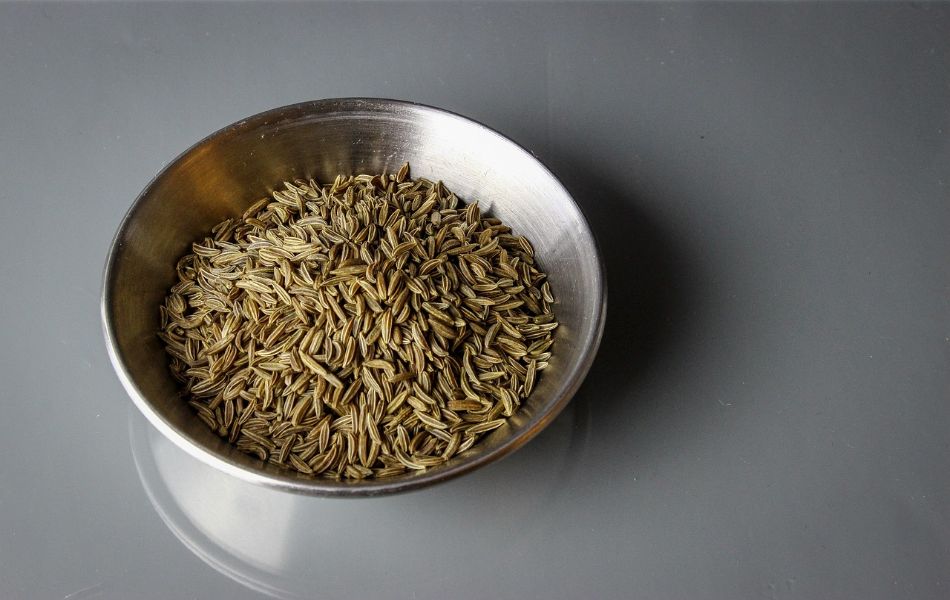
Caraway seeds offer a nutty, citrusy flavor that differs from mustard seeds but adds a unique twist to dishes. They work especially well in recipes where the sharp flavor of mustard seeds isn’t critical, such as bread or pickles.
- Note: Caraway seeds are best for those seeking a more aromatic, milder flavor.
9. Pickling Spice
Pickling spice is a blend of mustard seeds, coriander, allspice, and other spices. It is a convenient option when you need to replace mustard seeds, especially in pickling recipes.
- Substitution Ratio: Use a 1:1 ratio of pickling spice for mustard seeds.
10. Turmeric Powder
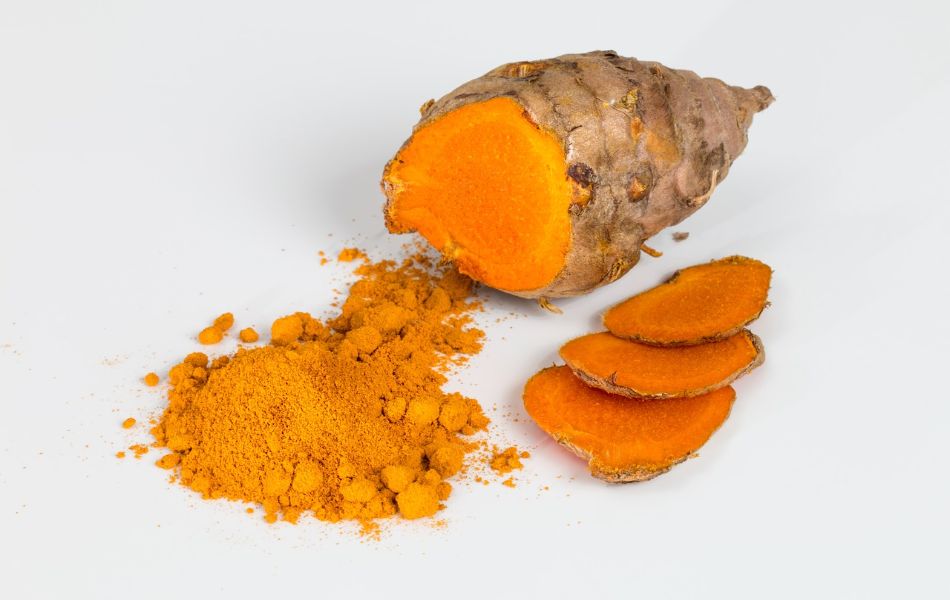
Turmeric powder can be used as a mustard seed substitute, particularly when color is important. While it won’t provide the same flavor, turmeric adds a warm, peppery taste along with a vibrant yellow hue.
- Substitution Ratio: Replace each tablespoon of mustard seeds with a tablespoon of turmeric, and for extra heat, consider adding some horseradish.
11. Cumin Seeds
Cumin seeds bring an earthy, nutty flavor and can replace mustard seeds. However, the taste is milder, so decide if cumin works for your recipe.
- Substitution Ratio: Use cumin seeds in a 1:1 ratio as a substitute for mustard seeds.
Picking the Right Substitute
With so many alternatives, choosing the right substitute for mustard seeds depends on a few key factors:
- Flavor Profile: If you’re after the classic mustard taste, ground mustard or mustard powder will work best. For something spicier, horseradish or wasabi are great choices.
- Heat Intensity: Mustard seeds differ in their spiciness, so adjust according to the heat level required for your dish. Wasabi and horseradish deliver intense heat, while yellow mustard seeds are much milder.
- Texture: If texture matters in your recipe, use whole-grain or ground mustard for a similar consistency.
- Color: Be mindful of the color change when using substitutes like turmeric or wasabi.
Frequently Asked Questions
Is Mustard Seed Healthy?
Yes, when consumed in moderation, mustard seeds have various health benefits, such as aiding digestion, lowering blood sugar levels, and even potentially fighting cancer. However, consuming too much can lead to digestive issues.
What Can I Use Instead of Mustard Seeds in Pickling?
Use mustard powder as a substitute for pickling, though it may cloud the liquid. Horseradish, cumin, or caraway seeds will not affect the clarity of the pickling liquid.
What Sets Ground Mustard Apart from Mustard Seeds?
Ground mustard is more potent and concentrated than whole mustard seeds due to its texture. Mustard seeds, on the other hand, are often used whole in pickling and cooking to add a milder, more textured flavor.
Conclusion
Running out of mustard seeds doesn’t have to ruin your recipe! You can try alternatives like horseradish, turmeric, and other seeds. Experiment with these substitutes and find new flavors that could become your next favorite ingredient.

